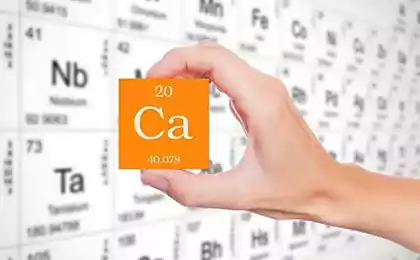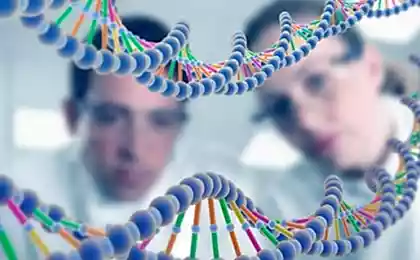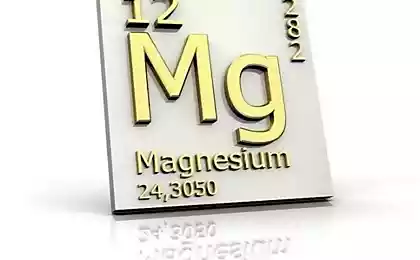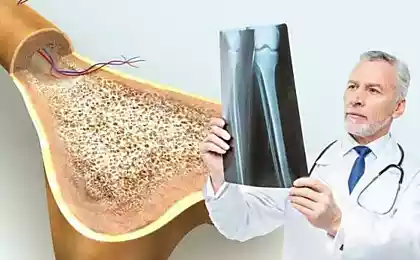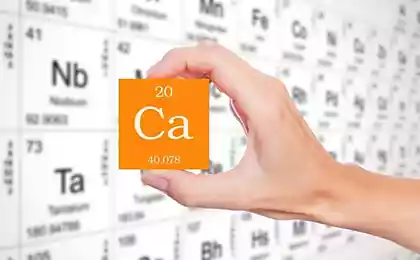272
How to compensate for calcium deficiency in the body

The five main components of the human body are oxygen, nitrogen, hydrogen, carbon and calcium. Calcium is given an important place, as it regulates the activity of more than 300 enzymes in our body.
Calcium belongs to macronutrients. Why? Because the daily human need for this element is very large. An adult needs more than 1 gram of calcium per day. The need for it appears in the womb and grows as you gain bone mass (somewhere up to 25 years).

With a normal content of calcium in the blood, the cell receives everything necessary for its nutrition, growth and division, which means that the body is normally renewed and life continues. With a lack of calcium, the cell does not receive normal nutrition, which affects its growth, but continues to divide. As a result, two new cells are born from an unhealthy cell, already carrying various pathologies. New modified cells are the source of tumors, fibroids, adenomas, mastopathies, cysts, polyps, osteoporosis - and all this from a lack of calcium in the body! We are naturally given the ability to move: run, play sports, dance, etc.
The main place of calcium in the human body is bone tissue. Calcium is responsible for the condition of our skeleton and for the ability of our muscles to relax and contract. This also applies to the heart muscle, because the heart rhythm of calcium also controls.
There is another concept – the exchange of calcium, i.e. calcium in the body comes, but also is excreted from it. Balance is important here.
Disruption of calcium balance leads to its deficiency, and deficiency leads to a very common disease - osteoporosis. This is a disease that is associated with thinning (damage) of bone tissue, leading to fractures and deformation of bones.
When does calcium imbalance occur?
The first is during pregnancy, when a woman consumes a greater amount of calcium, and if his metabolism is disturbed, it can be “pulled” from the stores, and then from the bones.
Second – with age (by 40 years) the balance of calcium and magnesium is disturbed. With a deficiency of magnesium, the kidneys retain less calcium to balance.
The third - the female hormone estrogen helps to retain calcium. Therefore, a decrease in the production of this hormone leads to a greater removal of calcium from the body.
In modern society, osteoporosis has become younger. Doctors say that much earlier calcium stores are exhausted. Most young boys and girls do not reach the full volume of bone mass by the age of 25, i.e. already at the top they have a hidden deficiency. The nutrition system of modern youth includes a significant number of harmful products that rapidly remove calcium.
What foods flush calcium from the body
coffee
sugar
alcoholism
What to do so that calcium in the body is normal and not washed out?
to refuse or absolutely minimize products that remove calcium (up to 25 years so accurately “zero their use”)
Maintain magnesium (Mg) levels
If possible, maintain estrogen levels (with the help of phytoestrogens, i.e. estrogens contained in plants, and stimulating the production of their own estrogen). Plants containing phytoestrogens include: tsimitsifug, soybeans with isoflavones contained in it, pueraria myrifica, wild yam and others.
You are likely to have a calcium deficiency if:
nails break down
joint-crunch
skin becomes dry
You drink more than 3 cups of coffee
you smoke
hair breaks and splits
How to compensate for calcium deficiency
First of all, it is food. And the most important of them is sesame. In 100 grams of sesame – approximately 800-900 mg of calcium. Plus also magnesium in the kit (450 mg per 100 grams).
What else can you eat?
almonds - 256 mg per 100 grams
celery - 240 mg per 100 grams
Calcium is a very important element for harmony. American scientists led by Dorothy Tigarden conducted a study on 54 women aged 16 to 31 years for 2 years. Women who received calcium-rich foods lost weight much more easily and had an average weight below the second control group.
The danger of calcium
But there is also a great danger of excess calcium. When the intake of calcium in the body is higher than the norm it needs, the body blocks its absorption and calcium begins to settle. Unlike magnesium and sodium, it is a water-soluble element. 60-70% of kidney and bladder stones are inorganic calcium compounds. This also contributes to the insufficient amount of fluid consumed.
Source:stan-molozhe.ru
Source: /users/1077



